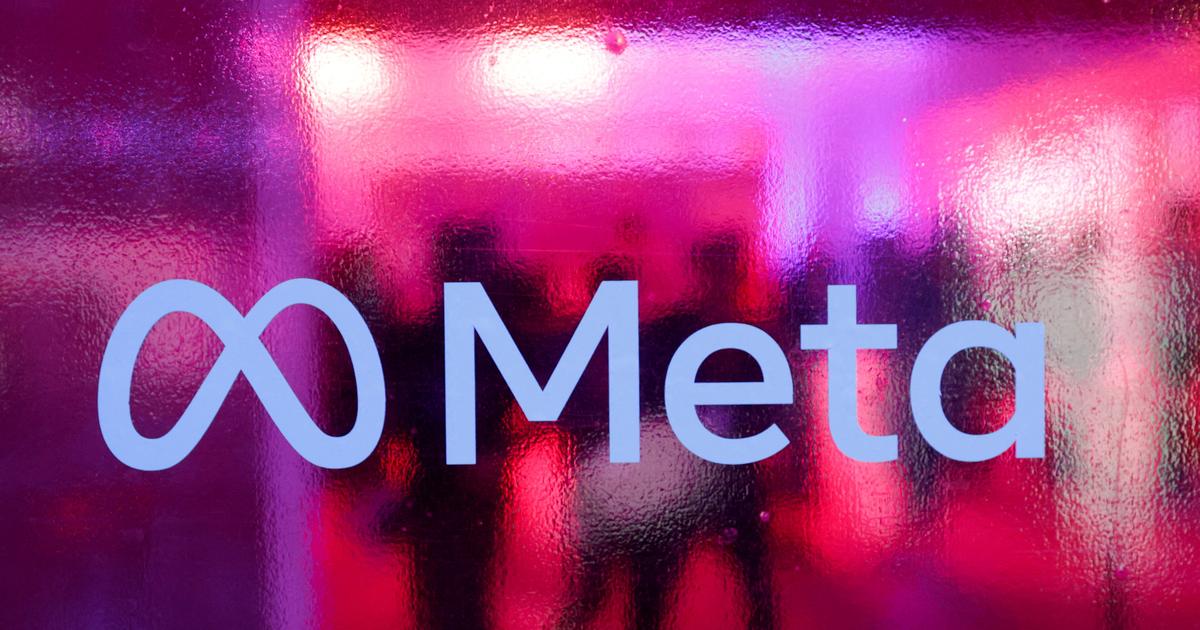The OnlyFans logo on a laptop hosted in New York, USA, Thursday June 17, 2021. Photographer: Gabby Jones / Bloomberg via Getty Images
(CNN Business) -
Thursday's decision by creator platform OnlyFans to soon stop hosting a wide swath of sexually explicit content sends shockwaves across the internet.
OnlyFans, a website with 130 million users and more than 2 million content creators, has become synonymous with pornography. For many, participating in the app is a lifesaver: Some who lost their jobs during the pandemic resorted to sharing explicit videos of themselves on OnlyFans to help pay the bills. Many of these sex workers now express their outrage at what they see as OnlyFans betrayal of a community that enabled their massive success.
Not all explicit content on OnlyFans will disappear;
Simple nudity will still be allowed, the company said, as long as it complies with the platform's other policies.
Only "content that contains sexually explicit conduct" - presumably meaning sexual acts in front of the camera - will be banned, it said in a statement.
Can the oldest profession in the world survive the era of social distancing?
Venture capital firms are often cautious about investing in platforms that host adult content.
According to internal documents obtained by Axios, OnlyFans' popularity and revenue skyrocketed during the pandemic, yet it has struggled to secure external investment.
OnlyFans' decision is also the result of a much broader and more concerted campaign in recent years on explicit parts of the internet, driven in large part by a group of powerful and increasingly assertive companies: payment processors who, behind the scenes , they handle every swipe of your credit card, whether you're paying for gas, shopping for groceries, or, yes, tipping an artist at OnlyFans.
In its announcement this week, OnlyFans said its decision was driven with a view to building a long-term sustainable platform.
"These changes are to comply with requests from our banking partners and payment providers," he added.
advertising
What does it mean to be asexual?
Asexuality is not celibacy or abstinence.
This is what it is, and it isn't
Seth Eisen, a spokesman for Mastercard, told CNN Business that he was not involved in OnlyFans' decision to restrict content on the platform.
"It's a decision they made themselves," Eisen said.
(Other payment processors did not immediately respond to a request for comment for this story.)
OnlyFans' decision to attribute its policy change to payment companies is that the financial sector has increasingly relied on sites that share adult content.
But the problem, they say, is not mere prudence, but legal exposure.
"I think we are on the brink of a cultural shift in the financial industry that is taking this issue much more seriously," said Haley McNamara, vice president of the National Center for Sexual Exploitation, a group that last year began lobbying financial companies. payments to act more aggressively on sexually abusive content.
Credit card companies are increasingly aware of their potential legal exposure, McNamara added, whether it is a lawsuit for sex trafficking or child sexual abuse material.
Last December, Discover, Mastercard and Visa announced that they would suspend payments to Pornhub, one of the largest porn sites on the web, following allegations that the site had hosted child sexual abuse material. In response, Pornhub removed from its site all videos that were not produced by verified partners and implemented the verification program that all users should submit to if they wanted to post adult content. Although Visa later agreed to restore service to some adult sites owned by Pornhub's parents, MindGeek, Pornhub remains isolated from credit card processors; the platform still only accepts payments by direct bank transfer and cryptocurrencies.
Then, in April, Mastercard implemented a series of new requirements governing adult content transactions.
The move, Mastercard said, was aimed at combating illegal adult material.
"Banks that connect merchants to our network will need to certify that the adult content vendor has effective controls to monitor, block and, where necessary, remove all illegal content," Mastercard said.
Platforms would be required to verify the age and identity of those who posted and who were captured in pornography online, Mastercard said, and would have to have a process for reviewing adult content before it is posted.
Adult sites would have to offer a complaint process that can "address" illegal or non-consensual content within seven days, and provide ways for the people depicted in the adult content to request removal of that content.
Pornhub sued for allegedly spreading non-consensual sex videos
The new rules revealed the power of the payments industry to shape how millions of people experience the Internet.
And Mastercard is not alone.
"Mastercard is the most proactive, [but] we've also had conversations with Visa and other credit card [networks]," McNamara said.
"Several payment processors are waiting to see how Mastercard's policies fare."
The financial sector's show of force has drawn criticism from digital rights advocates who argue that they are being overstepped.
A historical look at transsexuality 1:16
"Visa and Mastercard, acting together, are currently a bottleneck for online payments," wrote digital rights advocates at the Electronic Frontier Foundation.
"This means that each arbitrary policy of these two companies can be translated into rules that all websites that want to process payments must follow."
The role of the payments industry in shaping the Internet dates back years.
In 2015, Visa, Mastercard and American Express terminated the services of Backpage.com, a website that, according to a multi-year Senate investigation, had knowingly facilitated sex trafficking by accepting prostitution advertisements.
During the following years, the momentum against Backpage continued to grow;
the Justice Department seized its website in 2018 and its creators were indicted days later.
Florida Governor Ron DeSantis Signs Bill Against Social Media Platforms
Around the same time, President Donald Trump signed into law an anti-sex trafficking bill known as SESTA-FOSTA, which said online platforms could be held liable if they hosted sex ads, including consensual sex. Advocates for the law said it would help curb sexual abuse. But in recent years, the narrative surrounding SESTA-FOSTA has changed platforms as Craigslist removed all personal classifieds instead of risking breaking the law and sex workers themselves have increasingly argued that the law made their profession. less secure by being carried more clandestinely - even when a federal report this year found that NAP-FOSTA has, in fact, rarely been used in actual prosecution.
Now, sex workers are raising their voices again, this time to defend their ability to represent themselves on digital platforms such as OnlyFans.
"The real villains here are the payment processors, the dark and silent blacklist that dictates the kind of moral behavior we are allowed to engage in, who, without any oversight, can delete any company they want," he tweeted. San Francisco-based OnlyFans creator who goes by @Aella_Girl.
The fact that OnlyFans chose to ban porn rather than establish a verification system, as Pornhub did, suggests that the platform is less secure for creators than it appears, McNamara said.
"It is an admission that they cannot or will not verify age or consent."
However, if an adult site is more responsive like Pornhub than OnlyFans, the creation of what is essentially a new regime on content policy created by private payment networks says much more about the influence of the financial sector than the sites. web subject to its application, according to legal experts.
We put the ban on pornography on Tumblr to the test and this was the result
Payment processors are within their rights to determine what transactions they will and will not support on their networks. In that sense, they're not that different from platforms like Facebook and Twitter, which are hugely powerful in their own right, said Danielle Citron, a law professor at the University of Virginia who studies online content moderation and who also helps lead the way. Cyber Civil Rights Initiative, a group that advocates against non-consensual pornography.
Like social media companies, payment processors are protected by Section 230 of the Communications Act of 1934, Citron said.
That's the distinctive law that gives Facebook and Twitter broad legal immunity from many of the content moderation decisions they make — and the law that SEST-FOSTA amended to create an exception for sexual ads.
Should you accept the use of cookies on the internet?
You better think twice
Citron wants changes to be made to Section 230 that could expose platforms to greater liability in certain circumstances.
Perhaps, he said, those changes could even allow sex workers who feel their businesses have been harmed by payment processors to sue them for unlawful interference.
"We are talking about OnlyFans, where we see sex workers doing safe work. It's from their own homes, they are creating content on their own terms," said Citron.
"Payment processors have considerable power over sites like OnlyFans and Pornhub," he added.
"They are private companies. But should we be concerned about the kind of power they have?"




/cloudfront-eu-central-1.images.arcpublishing.com/prisa/ZTYVRPXY7NGDJKLEOZB432EXRI.JPG)




